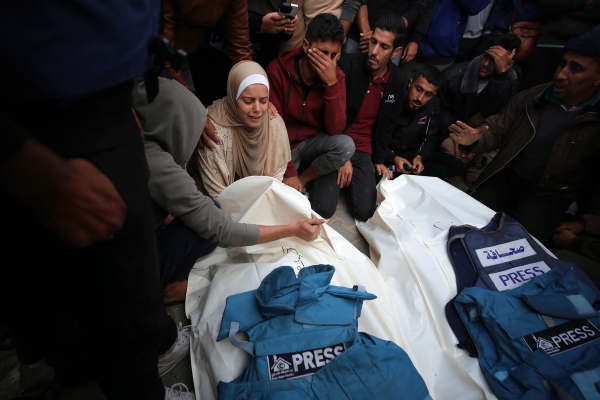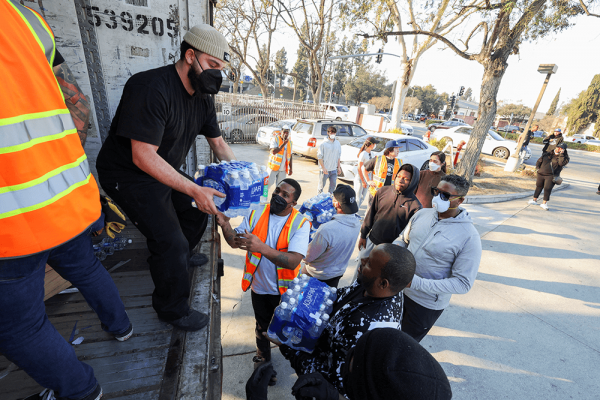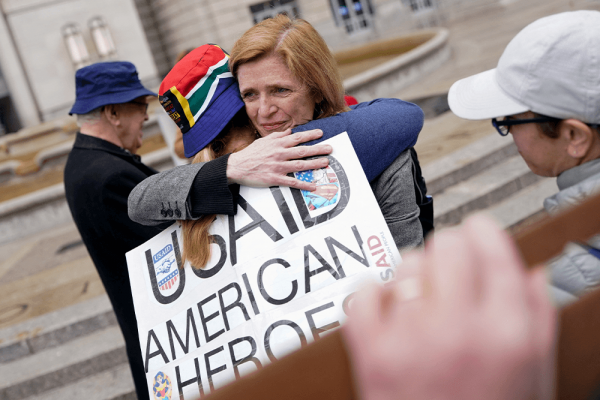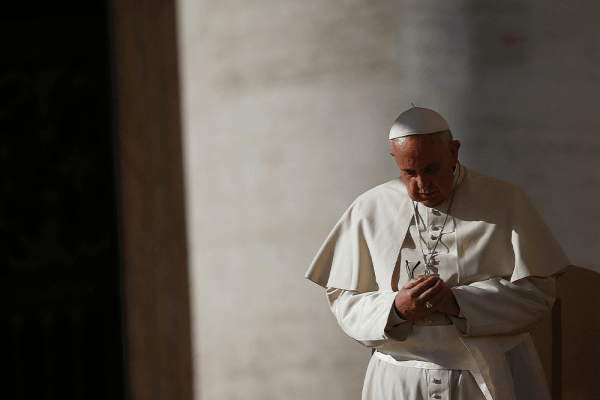Editor's note: As of Jan. 10, 2024, the Committee to Protect Journalists has documented at least 79 journalists and media workers killed in Israel, Gaza, and the West Bank since Oct. 7.
IN OCTOBER, NEARLY a week after the brutal Oct. 7 attack by Hamas militants on Israeli citizens, an Israeli military tank crew at the Israel-Lebanon border fired at a group clearly identified as press. Reuters’ journalist Issam Abdallah was killed, and six others were injured. Israel denied targeting the journalists.
While the Israeli government continues to say that the incident is under review, in December, human rights groups Amnesty International and Human Rights Watch, along with wire services Reuters and Agence France-Presse, released the results of their own investigations into the Oct. 13 missile strike.
The journalists were reporting on skirmishes between Israeli forces and Hezbollah militants. They were wearing blue helmets and flak jackets, most marked “Press.” One of their vehicles had “TV” on the hood. They had been on a hilltop on the Lebanon side of the border for around an hour before the attack. An Israeli helicopter hovered above them for 40 minutes of that time. Their identity as members of the press — civilian journalists — should have been clear.
Journalists are not a separate protected class from other civilians, but international humanitarian law recognizes their role in covering conflicts and states that “civilian journalists engaged in professional missions in areas of armed conflict must be respected and protected as long as they are not taking a direct part in hostilities.” Members of the armed forces who intentionally target civilians can be prosecuted for war crimes.
The Committee to Protect Journalists (CPJ), an independent nonprofit that promotes press freedom around the world, reported 63 journalists and media workers confirmed killed in the first two months of the Israel-Hamas war. Of those killed, 56 were Palestinian, four were Israeli (killed on Oct. 7), and three were Lebanese. In addition, 11 journalists were reported injured, 19 journalists arrested, and three missing.
Why focus specifically on attacks on journalists in a war in which, by early December, more than 18,000 people (more than 90 percent of those are Palestinians) have been killed and evidence of war crimes (including the original attack on civilians by Hamas) is mounting?
Without context, 63 dead journalists could seem predictable for a dangerous profession. But for comparison, CPJ documented 68 journalists and media workers killed worldwide in all of 2022. That was a 50 percent increase over deaths in 2021 (driven in part by journalists killed after Russia invaded Ukraine and the increased targeting of journalists in Mexico). There were “more journalists killed in the first month of the Israel-Gaza war,” according to CPJ, than in any similar period of conflict since the organization began collecting data in 1992. With Palestinian journalists being killed in record numbers and independent journalists unable to enter the territory, a full picture of the conflict is impossible.
JOURNALISM PROVIDES INFORMATION that people need to make decisions, whether reporting on school board meetings or reporting on a war. A healthy press undercuts propaganda and exposes government and corporate corruption, bearing witness to the truth. It provides diverse angles of sight into a situation and perspectives beyond “official accounts.” One key journalism function, according to Rebecca Sinderbrand, director of Georgetown University’s journalism program, is “bearing witness to the full spectrum of humanity’s capacity to affect change.”
A healthy press provides a counterweight to communication strategies that cross into misinformation. Governments and powerful entities attempt to define and control “truth” through spin and deflection. More cynically, some heirs of Pontius Pilate shrug their shoulders and say, “What is truth?” (John 18:38) — encouraging passivity and distrust of all information sources. Leaders with authoritarian tendencies denigrate the free press and journalism outright, or use harassment, detention, or violence to stifle journalists.
The targeting of journalists by the Israeli military is egregious. But press freedom is under increasing pressure worldwide. In 2023 journalists were detained in countries including Azerbaijan, Iran, Ethiopia, and killed in Mali and Mexico.
While U.S. press protections are traditionally strong, defenders of press freedom have raised concerns about recent law enforcement actions against local journalists. Police raided the offices of a small-town Kansas newspaper in August 2023, seizing computers and phones. In October, police in Escambia County, Ala., arrested Atmore News publisher Sherry Digmon and reporter Donald Fletcher for publishing leaked grand jury information. They were indicted Dec. 1.
Reporting, investigating, and bearing witness to the facts, as impartially as possible, is vital, noble work. It can testify to that “which we have heard, which we have seen with our eyes, which we have looked at and our hands have touched” (1 John 1:1). For Christians, protecting journalists and freedom of information should be as important as protecting freedom of religion.

Got something to say about what you're reading? We value your feedback!







